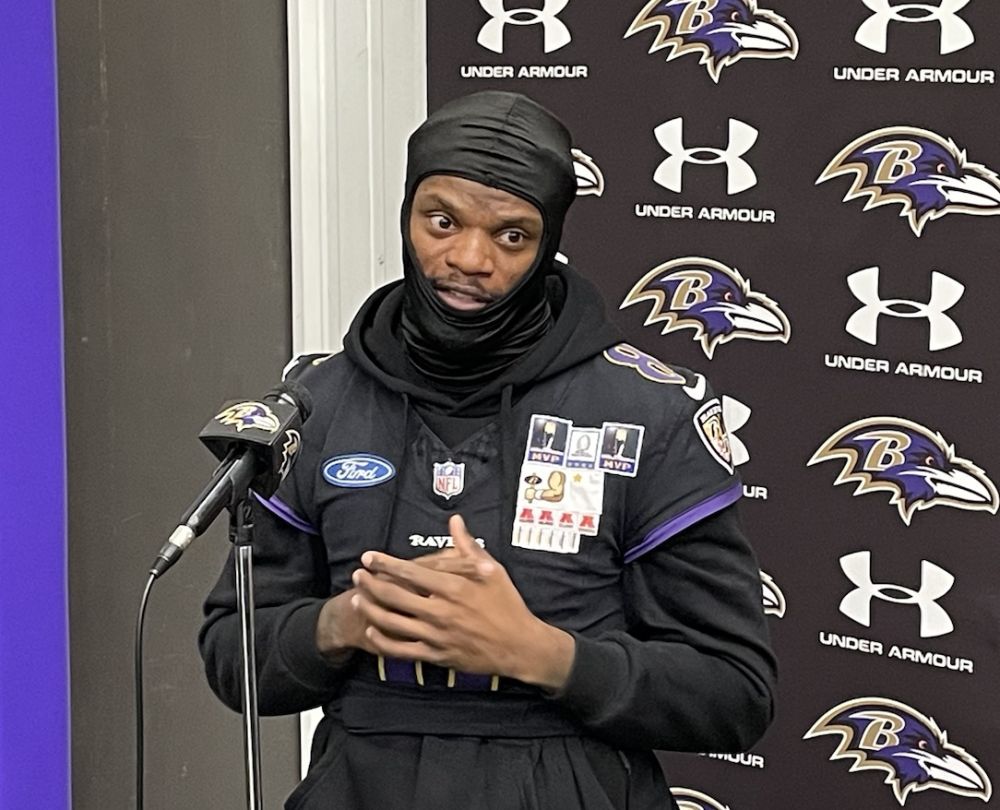For the second time in three years, Opening Day won’t go on as planned at Oriole Park at Camden Yards.
But unlike two years ago when the start of the COVID-19 pandemic prompted the cancellation of nearly four months of the 2020 season, Major League Baseball is making a deliberate choice this time around. On Tuesday after a self-imposed 5 p.m. negotiating deadline with the MLB Players Association expired without a new collective bargaining agreement, commissioner Rob Manfred announced the first two series of the regular season would be canceled, meaning the Orioles will not open 2022 at home against the Toronto Blue Jays on March 31 or play their first road series against Boston from April 4-6.
When the season will begin is anyone’s guess with perceived optimism about a deal coming together late Monday night crumbling Tuesday when it became evident that the sides weren’t nearly as close as previous reports indicated. Of course, it’s worth noting once again that negotiations for a new CBA could continue while playing the new season under the terms of the previous one. The owners chose to lock out the players in early December and created the deadline to begin canceling games more than four weeks before the scheduled opener while only recently beginning to show much urgency to negotiate in good faith, making many observers question their motives over the last three months. The competitive balance tax threshold and compensation for players prior to reaching arbitration remain among the biggest sources of disagreement between the owners and the union.
The best-case scenario would now be the Orioles opening the season on the road against the Tampa Bay Rays on April 8, but even that feels unlikely with the band-aid of missing regular-season games now being ripped off. The wound of baseball’s first work stoppage in over a quarter-century will run even deeper with much potential for long-term harm with fans.
“I hope the season starts on time. I hope there’s a full schedule,” Orioles chairman and CEO John Angelos said last month. “That’s what the fans want. That’s what the players want. That’s what the teams want. But the collective bargaining process is just that — it’s a process. The Orioles and I are not on the labor committee. We’re not involved directly in the negotiations, so I really like to leave that to the commissioner’s office and the owners that are on the labor relations committee and our friends at the players association.
“I’m hoping for the best just like all of you are, but I can’t make any predictions. I certainly think it would be good for Baltimore and good for baseball fandom to play.”
The Orioles have ranked 13th or worse in American League attendance since 2018 and have finished in last place in the AL East in four of the last five seasons. In other words, the club isn’t exactly in a position to turn off potential customers any further.























